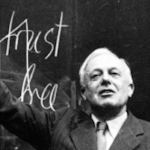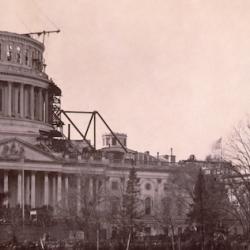Andrew Ferguson reviews Sally Quinn’s memoir, Finding Magic, explaining how Quinn transformed society reporting to become “one of the channels through which the revolution of the 1960s entered Washington and remade the city and American politics.”
When Quinn got started, “society reporters were deferential matrons who acted less as reporters than protectors; they might know the town’s salacious secrets but would never think of printing them. Quinn liberated herself from such scruples. She revolutionized the society beat. The journalist became part activist, part tattletale.”
He describes her method as “a Heimlich maneuver; it was to Sally that Henry Kissinger confessed to being a ‘secret swinger’ and lived to regret it. Story by story, snicker by snicker, Sally and her peers dismantled the postwar Washington establishment. The establishment was too tired to put up much of a fight.”
Ferguson observes that Quinn has been taken for an anti-elitist, but argues “She was nothing of the sort. She just favored a different kind of elite – one whose ranks were filled with people like her. By the time the Watergate scandal had laid waste to the capital, the city’s aristocracy had been remade by journalists for journalists, along with the politicians that journalists found appealing.”
















